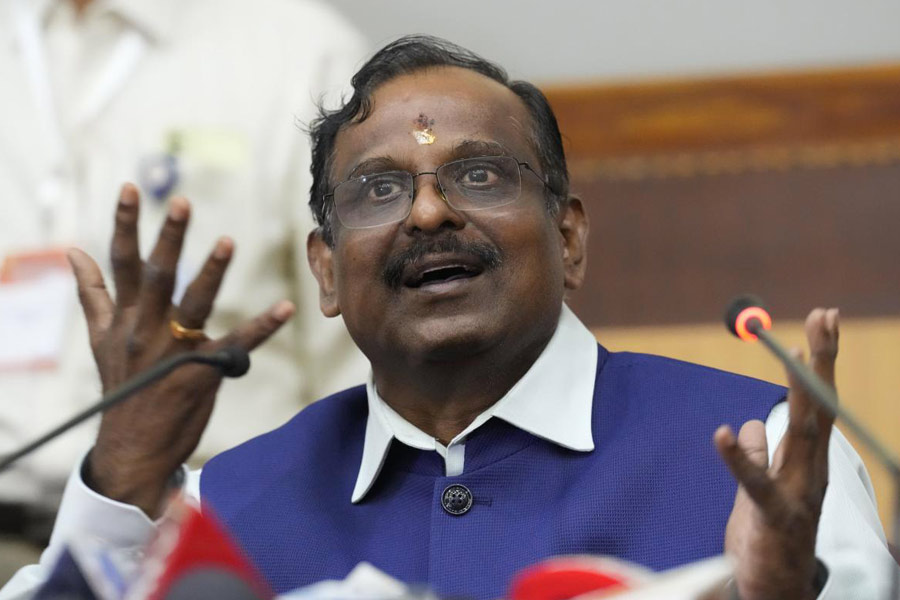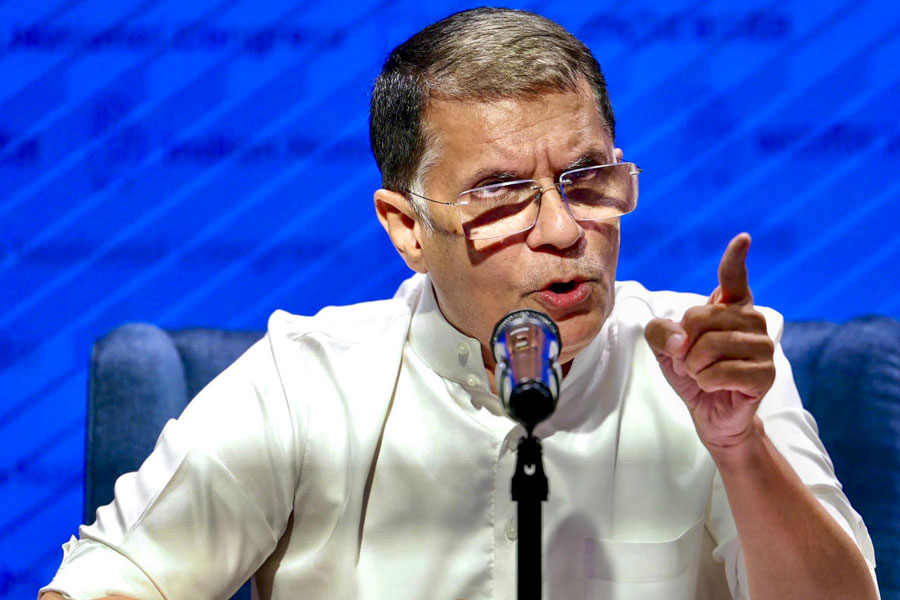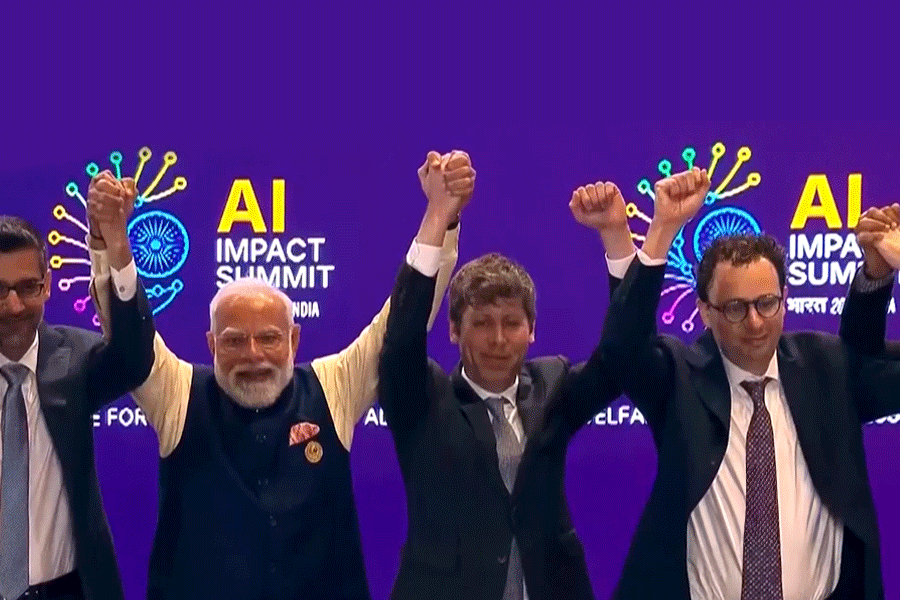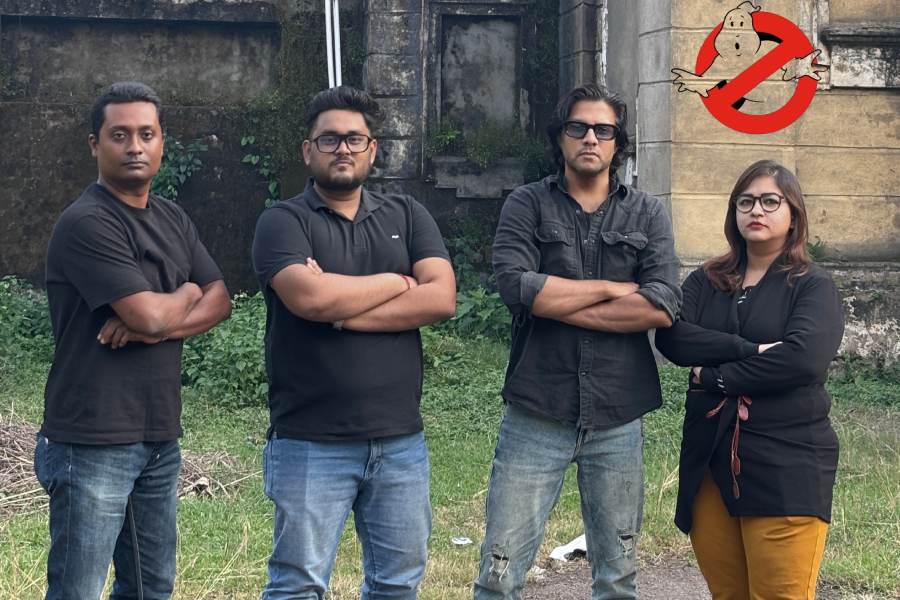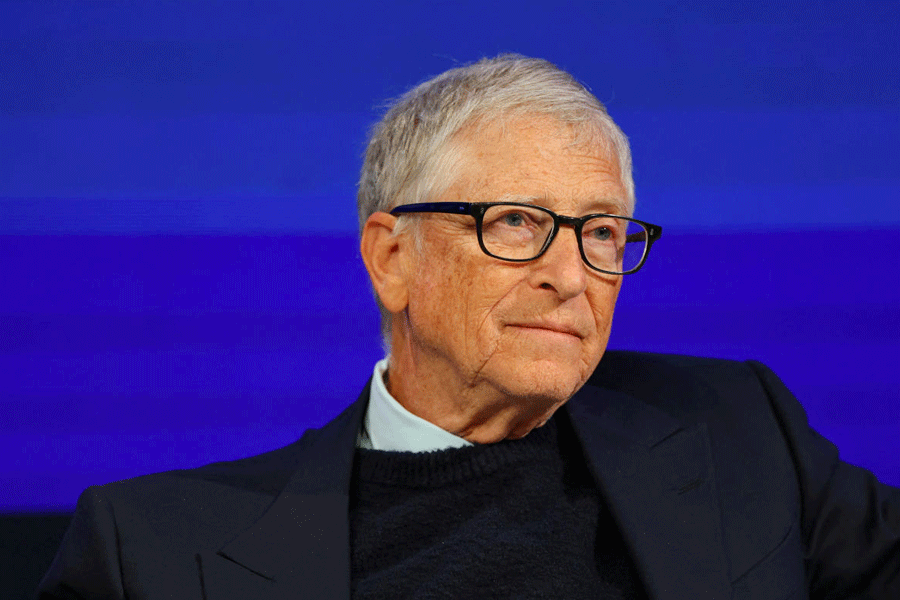ISRO Chairman V Narayanan on Tuesday said the space agency has been working on a rocket as high as a 40-storey building to place a 75,000 kg payload in low earth orbit.
Delivering the convocation address of Osmania University here, Narayanan said this year, the space agency has lined up with projects such as NAVIC (Navigation with India Constellation system) satellite and the N1 rocket, besides placing a 6,500 kg communication satellite of the USA into orbit using Indian rockets.
He said by 2035, a 52-tonne mass space station is going to be built even as ISRO is working on the Venus Orbiter mission.
"Right now, we are working on a next generation launcher. You know, what is the capacity of the rocket? The first launcher, (Dr APJ) Abdul Kalam ji, which he built was a 17 tonne lift-off mass, capable of placing 35 kg in low earth orbit. Today, we are conceiving a rocket to place 75,000 kg in low earth orbit. The rocket is of 40-storey building height," he said.
ISRO has planned to launch Technology Demonstration Satellite (TDS) and GSAT-7R, an Indian military communication satellite, specifically designed for the Indian Navy to replace the existing GSAT-7 (Rukmini) satellite, this year among others, he further said.
Narayanan said right now, India has 55 satellites in orbit and the number is going to be increased to three times in another three to four years.
Narrating the sequence of events prior to astronaut Subhashnu Shukla’s successful journey to the International Space Station and return, he said the original project was scheduled for June 11. However, a day before a team-led by him identified a leakage in the rocket, it was postponed to June 25.
"And with that, if the rocket would have taken off, it would have been a catastrophic failure. Based on the insistence of Indians, the Indian education system, the training of ISRO, the rocket was corrected. Today we have accomplished a safe mission, not only Subashanhu Shukla, but along with him three more international astronauts," he said.
Explaining the domestic space journey, Narayanan said today India is in a position to rub shoulders with advanced space-faring nations.
According to him, as of now, India has the credit of launching over 4,000 rockets.
India’s first satellite Aryabhatta was launched in 1975 with the support of other countries, and from then on, as many as 133 satellites of various types, including a 6,000 kg high-throughput GSAT-11 satellite, which is right now, have been launched, he said.
India has the best camera on the moon with 32-centimeter resolution and is the only country till today to have succeeded Mars orbiter mission in the first attempt while none of the developed countries could do so.
"ISRO is the first organisation and India is the first country which successfully placed 104 satellites using a single rocket in the first attempt. And we made history. And today, we have built the Aditya L1 satellite to study the sun," Narayanan said.
Not only studying the sun, it has brought 20 terabit data. India is one among four countries having the capability which has built the satellite for studying the sun, he added.
At the convocation, Narayanan was presented with the honorary degree of Doctorate of Science, recognising his pivotal contributions to India’s space programme, by Telangana Governor Jishnu Dev Varma.
Later, speaking to reporters on the sidelines of the event, Narayanan said Shubhanshu Shukla has successfully come back (after spending 20 days in space).
His (Shubhanshu's) experience is going to feed India's Gaganyaan programme, he said.
Asked about Prime Minister Narendra Modi suggesting that India needs to build a pool of 40-50 astronauts ready to lead future space missions, Narayanan said, "In the future it will happen. Whatever the prime minister has said, it will happen".
Except for the headline, this story has not been edited by The Telegraph Online staff and has been published from a syndicated feed.

